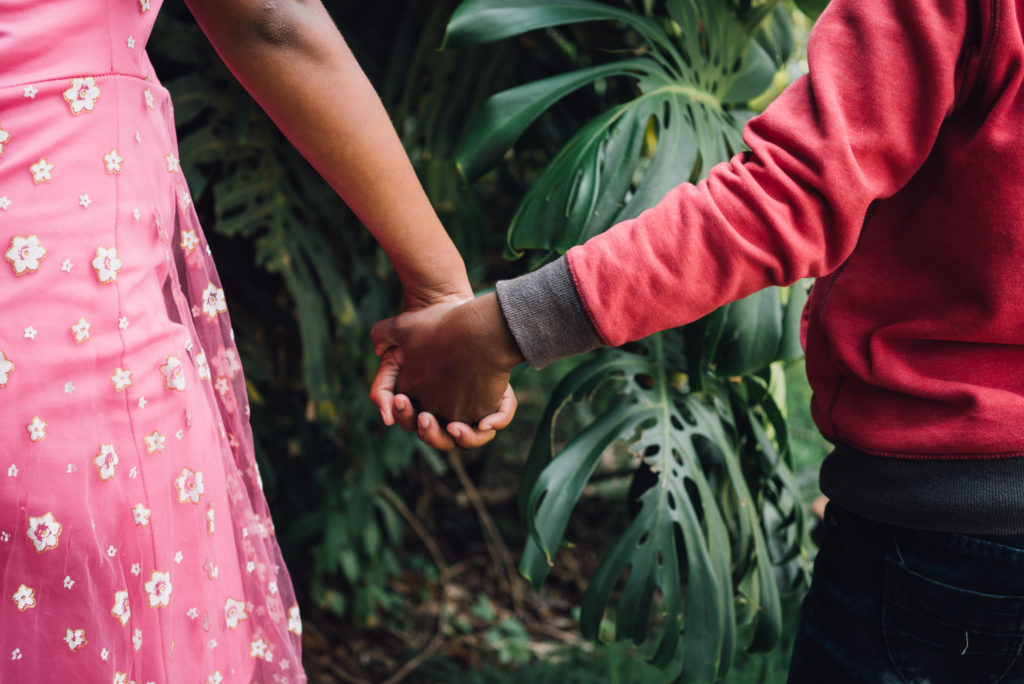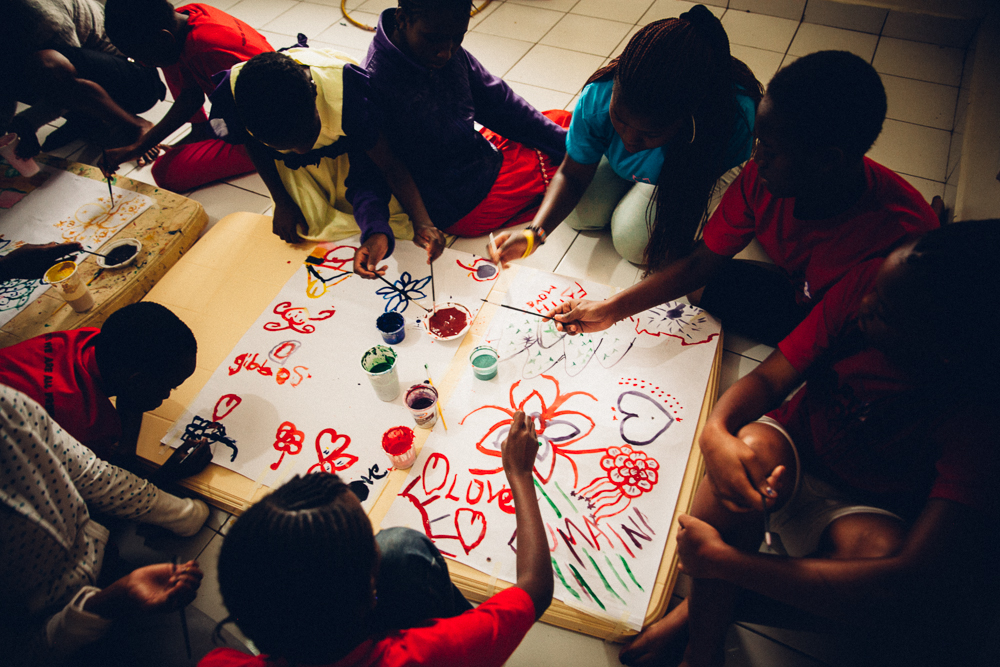As a survivor, we often feel alone in our pain and suffering. This sense of loneliness may lead to depression, withdrawal, or self-harm. It’s important to remember that we are not alone and that there are systems of support available to help us heal.

Connect with other survivors
Engaging in dialogue with other survivors who understand your experiences may help you gain a new perspective of your story. From recognition to acceptance, survivors who have gone before you may provide unique insight into the survivor’s journey toward autonomy, confidence, and healing. Other survivor’s may also be able to recommend essential resources to help you seek justice, access mental health support, and find a community of belonging.

Accept yourself, just as you are
After experiencing sexual abuse, survivors may have a false sense of self. We may hear lies that were told to us by the perpetrator like not being lovable enough, beautiful enough, or that we were somehow deserving of the pain inflicted upon us. All of this is untrue. We are more than enough and we are not at fault for the abuses we’ve experienced. To remind yourselves of this truth, look at yourself with a loving eye and appreciate who you are despite the trauma and pain you’ve experienced. Learn to manage negative thoughts and focus on positive, affirming, and uplifting self-talk to remind yourself of who you truly are. After experiencing sexual abuse, it’s common to be confused about your own emotions, desires, and decisions—be kind with yourself. Take your time, be patient, and allow yourself to imagine what joy and peace may look like from your own worldview. This practice will give you the freedom to be who you are, to realize your value, and to understand your purpose in the world.
Reconnect to the present moment
After experiencing sexual abuse, our minds may replay the trauma of the past over and over again. Sometimes this will manifest in nightmares, flashbacks, anxiety, depression, and post-traumatic stress disorder. When this happens, we must remind our minds and bodies that we are no longer living in the traumatic incident—we are safe, loved, and held. To bring us back to the present moment, try breathing exercises, mindfulness practices, or physical exercises that help to reconnect our mind with our body. We must also be surrounded in a loving community who can be present with us in our pain, and encourage us toward our future goals. Reminding our minds and bodies that we are safe can help bring us out of traumatic memory so that we are free to create new memories that will sustain us in our healing journey.

Practice something new
Learning something new can be a challenge, but with new challenges, your mind opens up to new possibilities that you didn’t think we possible before. By practicing something new such as learning an instrument, practicing a new sport, or trying your hand in the arts helps you explore new experiences and memories beyond trauma. It can give you renewed purpose and enhance your self-esteem! You’ll meet new people along the way who can encourage you toward your newfound skill. As a survivor, your story, experiences, and skills are unique—learn more about yourself by practicing new activities that can remind you of your strength, resilience, and tenacity. You may learn something new about yourself in the proces!
Let's Empower Survivors of Sexual Assault to Thrive
Your donation will help survivors thrive through high school and university scholarships, mental health support, safe housing, healthcare, and leadership development.

written by koki
Koki is Freely in Hope’s Child Protection Coordinator in Kenya.




